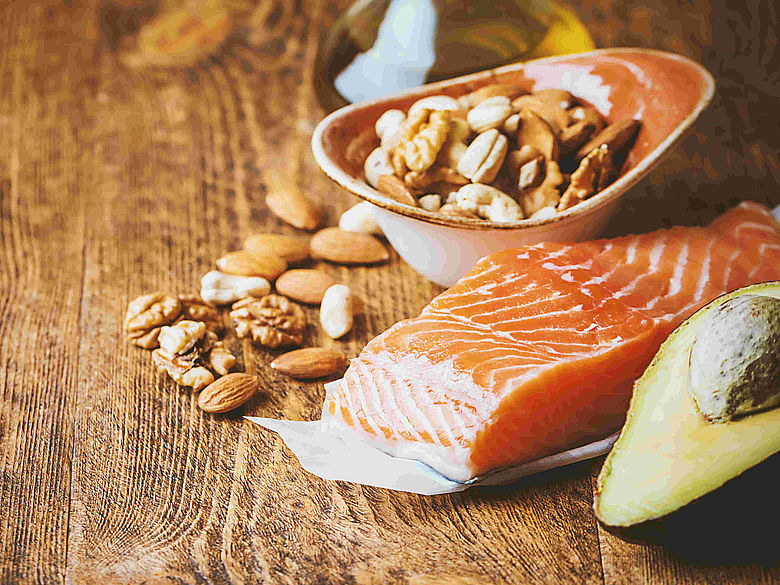What are fats? Fats are a nutrient that you absorb through your diet. It is necessary to consume some fats, but too much can be harmful. The fats you consume provide your body with the energy it requires to function properly. Your body burns calories from carbohydrates you've consumed during exercise. However, after 30-60 minutes of exercise, fats are used to keep you going. Fat is also necessary for maintaining the health of your skin and hair. Fat also aids in the absorption of fat-soluble vitamins such as A, D, E, and K. Fat also helps to keep you warm by filling your fat cells and insulating your body.
Your body gets essential fatty acids called linoleic (omega-6) and linolenic (omega-3) acids from the fats you eat. They are referred to as "essential" because your body cannot produce them or function without them. They're required for brain development, inflammation regulation, and blood clotting. Fat has 9 calories per gram, which is more than twice as many as carbohydrates and protein, both of which have 4 calories per gram. Fats are called saturated or unsaturated depending on how much of each type of fatty acid they contain.
Types of fat: Saturated fats raise your LDL (bad) cholesterol level. High levels of LDL cholesterol puts you at risk for heart attack, stroke, and other major health problems. You should avoid or limit foods that are high in saturated fats. Saturated fats are abundant in animal products such as butter, cheese, whole milk, ice cream, cream, and fatty meats. Some vegetable oils, such as coconut, palm, and palm kernel oil, contain saturated fats. These fats are solid at room temperature. Cholesterol builds up in the arteries as a result of a high-saturated-fat diet. Eating unsaturated fats instead of saturated fats can help lower your LDL cholesterol. Most vegetable oils that are liquid at room temperature contain unsaturated fats.
There are two kinds of unsaturated fats: Mono-unsaturated fats, such as olive and canola oil. Polyunsaturated fats, such as safflower, sunflower, corn, and soy oil .Trans fatty acids are unhealthy fats that form when vegetable oil goes through a process called hydrogenation. The fat hardens and solidifies at room temperature as a result of this. Hydrogenated fats, often known as "trans fats," are commonly utilised to keep some foods fresh for an extended period of time. In some restaurants, trans fats are also used in the kitchen. They have the potential to raise your blood LDL cholesterol levels. They can also reduce the amount of HDL (good) cholesterol in your body. Trans fats have long been known to be unhealthy for one's health. Foods made with hydrogenated and partially hydrogenated oils should be avoided (such as hard butter and margarine). They have a lot of trans-fatty acids in them.
It is important to read nutrition labels on foods. This will help you know what kinds of fats, and how much, your food contains. Australian manufacturers do not need to include trans fats on food labels unless they make a claim about cholesterol, saturated or unsaturated or trans fatty acids.

